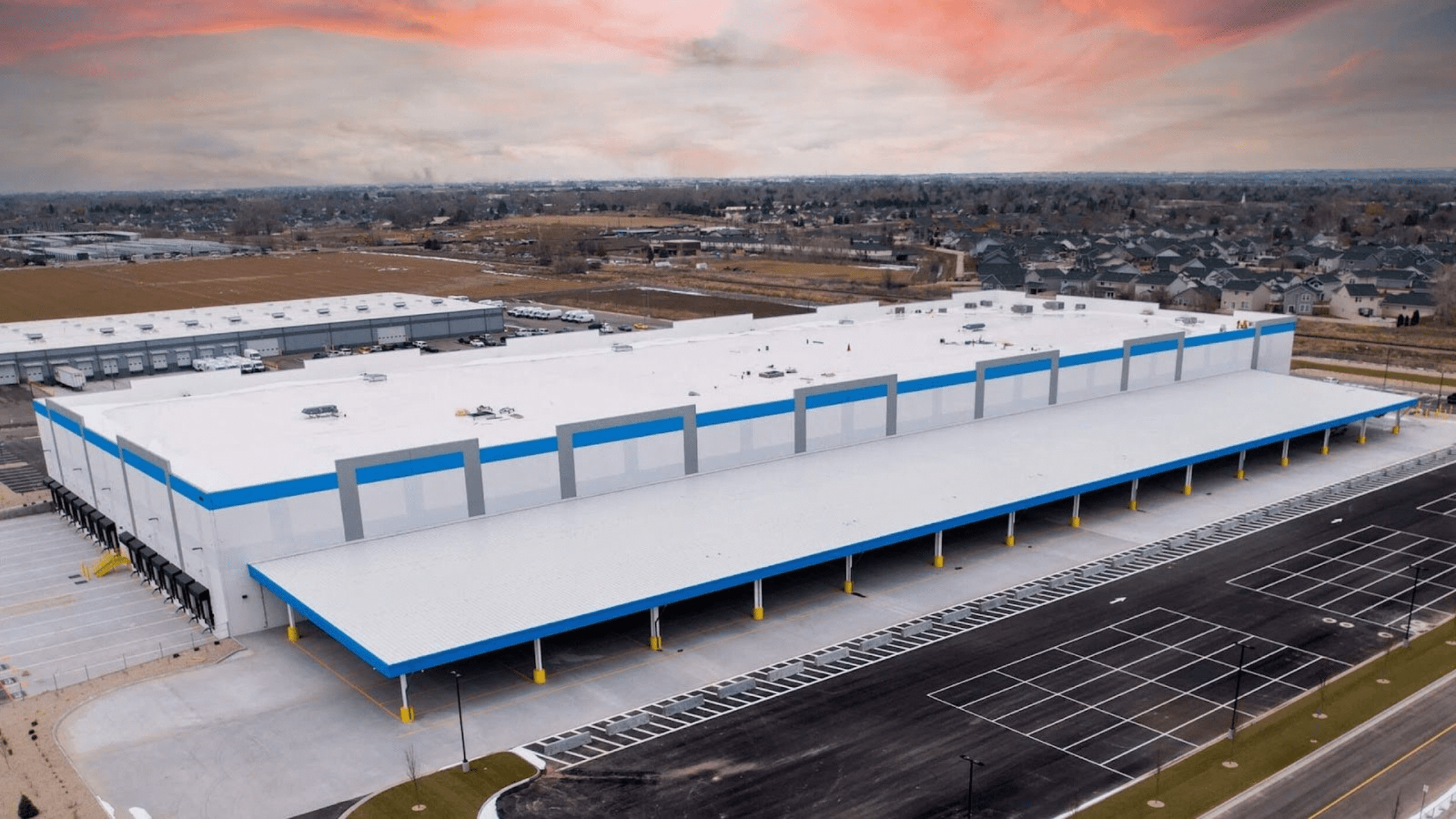As your operations expand, so does the need for a space that enhances efficiency, supports logistics, and adapts to future demands. It’s more than just square footage—finding a warehouse that fits your specific requirements can have a significant impact on your overall productivity and success. Many business owners face the challenge of identifying a property that aligns with their long-term goals, and it can feel like a daunting process. If you’re in this position, you’re not alone. This guide is designed to help you focus on the most important aspects of purchasing a warehouse property for sale, ensuring that your investment helps take your business to the next level.
Defining Your Business Needs
Before starting your search, it’s essential to clearly define your business’s specific requirements. Warehouses come in various sizes and configurations, and not every space will meet your needs. Start by assessing the current and future demands of your business. How much space will you need not only today but as your business grows? Think about how much inventory you’ll store, whether you need space for production, and if office areas are required. The purpose of the warehouse is another key consideration. Will it serve as a storage facility, a distribution hub, or a combination of both? Understanding these factors will help you focus your search on properties that align with your business operations.
Some businesses have unique requirements, such as climate control, specialized storage areas, or high ceilings. Being clear about these needs will save you time and ensure that you find a property that fits your business perfectly.
Choosing the Right Location
The location of your warehouse can have a direct impact on your business’s operational efficiency. Proximity to key transportation routes, suppliers, and customers can streamline logistics, reduce costs, and improve service delivery times. When selecting a location, consider how close the warehouse is to major highways, ports, or rail lines. If your business relies on shipping and receiving goods frequently, being close to these transportation hubs will help keep costs down and improve the speed of your deliveries. Another critical factor is accessibility for your employees.
A warehouse that is difficult to reach could lead to lower employee satisfaction and productivity, so it’s important to consider their commuting needs. Additionally, be sure to check local zoning regulations to confirm that the property is in an area zoned for industrial or commercial use. A well-chosen location not only boosts operational efficiency but can also lead to significant cost savings.
Evaluating the Property’s Condition and Features
Once you’ve identified potential properties, it’s important to carefully evaluate the condition and features of each warehouse. A property may look good on paper, but a thorough inspection will help you determine if it meets your long-term operational needs. Start by assessing the structural integrity of the building. Check for any visible damage, such as cracks in the foundation or leaks in the roof, as these issues can lead to costly repairs in the future. The internal layout of the warehouse is also important. Does the space offer the flexibility you need for storage, shipping, or production activities? If you plan to use forklifts or store items vertically, make sure the warehouse has high ceilings and enough open space.
Loading docks and access points should be strategically placed to allow easy access for trucks and deliveries without causing bottlenecks. Finally, consider the property’s energy efficiency. Warehouses can consume significant energy, especially if you’re using climate control systems or heavy machinery. Look for energy-efficient features such as insulated walls, energy-saving lighting, and modern HVAC systems. These features can help reduce operational costs and improve your bottom line.
Understanding the Current Market Trends
The commercial real estate market for warehouse properties can fluctuate based on supply, demand, and broader economic conditions. To ensure you’re making a smart investment, it’s important to stay informed about local market trends. Begin by researching the current demand for warehouses in the area you’re interested in. If demand is high, prices may be more competitive, but that can also be a sign of a strong local economy. Conversely, if the market is slow, you may have more negotiating power when purchasing the property. Compare recent sales of similar warehouses to get a sense of pricing trends and determine whether the property is fairly priced. In addition, consider the long-term growth prospects of the area. Is the neighborhood developing? Are new transportation routes, business parks, or commercial centers being planned nearby? These factors can increase the value of your property over time. Staying on top of market trends will help you make an informed decision that benefits your business in the long run.
Financing Your Warehouse Property Purchase
Financing is a crucial aspect of purchasing a warehouse property, as it represents a significant financial investment. Unlike residential loans, commercial real estate loans often require larger down payments and come with different terms. It’s important to explore your financing options and secure a loan that fits your business’s budget. Commercial loans typically require a downpayment of 20-30%, so you’ll need to ensure you have enough capital for this initial investment. There are various loan options available, including traditional bank loans, Small Business Administration (SBA) loans, and private financing. Each option has its advantages, so it’s essential to weigh your choices carefully. Additionally, commercial loans generally have higher interest rates than residential mortgages, which will impact the total cost of the loan. Be sure to calculate the long-term costs, including interest, to ensure the loan is manageable for your business. It’s also worth noting that owning commercial property can come with tax benefits, such as deductions for mortgage interest, property taxes, and depreciation. Consulting with a financial advisor can help you understand these benefits and how they might apply to your business.
Maximize Your Business Potential with the Right Warehouse
At Adler Industrial, we specialize in helping businesses find the perfect warehouse property to meet their operational needs. With years of experience in the commercial real estate industry, we understand the challenges business owners face when searching for industrial properties. Our team is dedicated to helping you find the right property, whether you’re looking for a large distribution center, a flexible warehouse, or a specialized space for manufacturing. We take the time to understand your specific requirements and provide personalized recommendations that align with your business goals. Our extensive portfolio of warehouse properties offers a range of options to suit different industries and operational needs. Whether you’re a small business or a large enterprise, Adler Industrial is here to guide you through the process of finding a warehouse that supports your business’s growth and success.
Conclusion:
Purchasing a warehouse property is a significant step toward maximizing your business’s potential. By carefully assessing your business needs, choosing the right location, evaluating the property’s condition, and understanding the current market, you can make a smart investment that supports your long-term operational goals. At Adler Industrial, we are committed to helping you find the perfect warehouse property for your business. Visit us today to explore our available properties and take the first step toward finding a warehouse that enhances your business’s efficiency and growth. Let us help you make the right investment for your business’s future.




